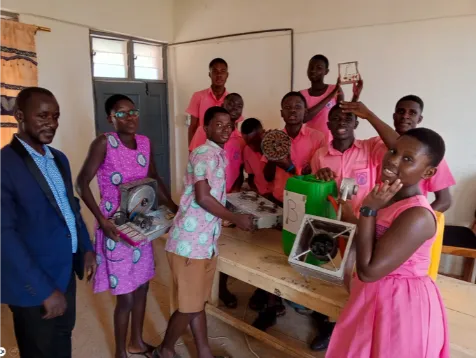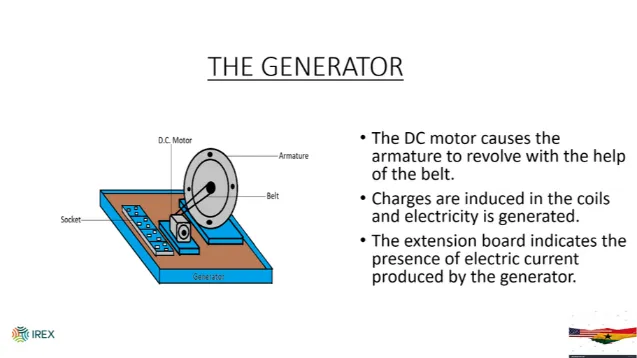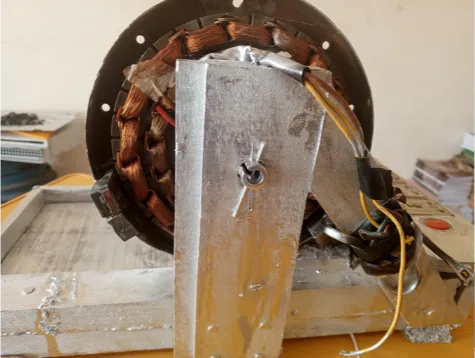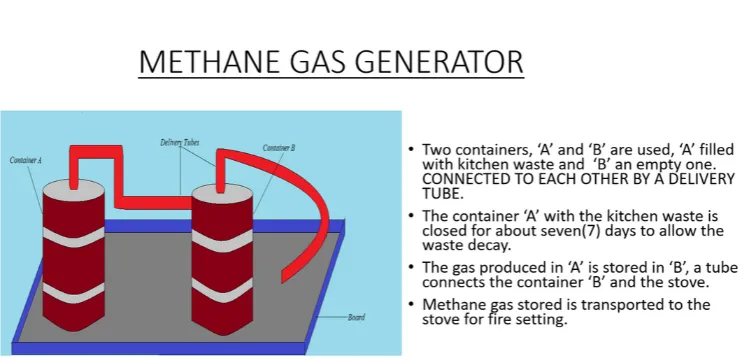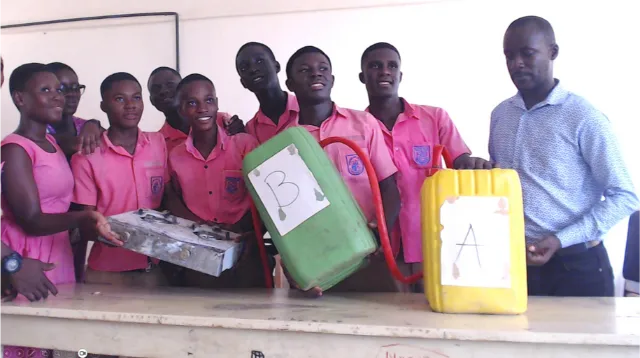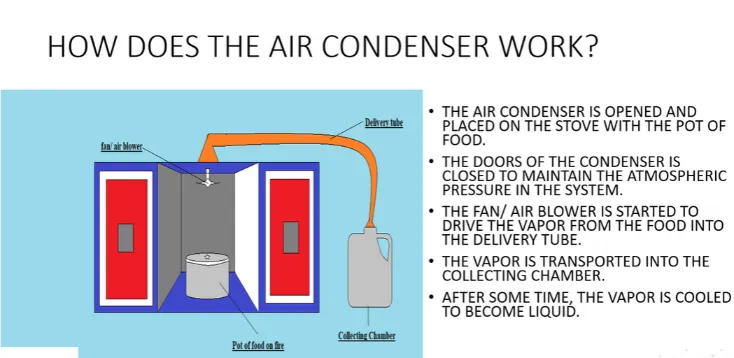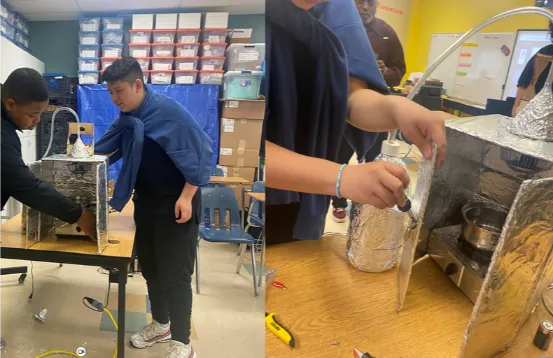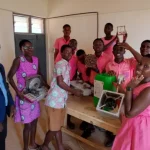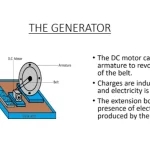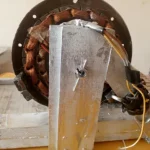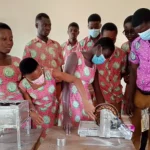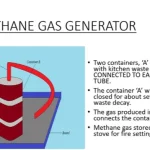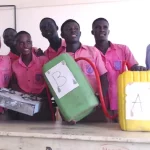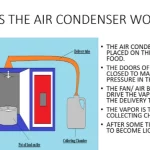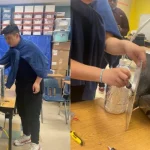Teacher: Johnson Kwadwo Ankomah

Johnson Kwadwo Ankomah
Johnson, a Fulbright TEA scholar with a Teaching Certificate and a Bachelor of Education in Mathematics from the University of Cape Coast in Ghana, has been teaching 12th grade at Nkoranza Senior High/Technical School since 2013. He is the founder and mentor of the STEM Club and has won regional science and mathematics quiz competitions. Johnson has also participated in the World Smarts STEM Challenge and won Excellence in STEM application and ALL-STAR awards in 2022 and 2023 respectively. He has hosted two US teachers and aims to increase female STEM-related courses in colleges. His hobbies include mathematical calculations, travelling, and music.
Overview
In Nkoranza in Ghana cooking is often carried out using firewood as the fuel, this has caused deforestation and soil erosion in the area. Johnson, a teacher at Nkoranza Senior High/Technical School wanted to design a new, more sustainable cooking method for domestic use and for street vendors in the local area. He and his students worked in collaboration with a team of students from the USA to design and build a prototype alternative cooking solution.
Theory of Change
According to a survey undertaken by the STEM club members at Nkoranza Senior High Technical School, around 80% of food vendors use firewood in the preparation of food. The smoke from the fires causes health problems as well as contributing to the greenhouse effect and deforestation in the area. Johnson wanted to find an alternative to burning wood to ensure better health and sustainability outcomes for the whole community.
Approach and Actions
Johnson, along with his students, worked in collaboration with a group of students and a teacher from the USA to explore solutions to this problem. The groups also considered some social and hygiene issues associated with the traditional wood cooking technique including; waste disposal; the relationship between traditional cooking techniques and disease outbreaks; and the the costs associated with different cooking methods. Together, the two teams developed an idea for a new cooking mechanism which would generate heat using electromagnetic induction, methane gas would also be generated from kitchen waste and a purpose built stove would be designed. The teachers in the two classrooms facilitated STEM learning in the areas needed to produce the new cooking equipment. The STEM learning was then applied by both teams to build working prototypes of the different parts of the system. The methane gas collection system is now being used in the school kitchen in Ghana.
Impact
Students, teachers and the wider community have been impacted by the project. The prototype was well received by all the different groups and has helped to galvanise support for ending the indiscriminate cutting down of trees for firewood which leads to deforestation and soil erosion. The community has realised the need to protect the world for future generations.
